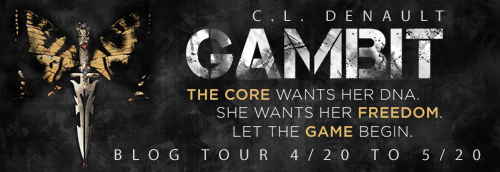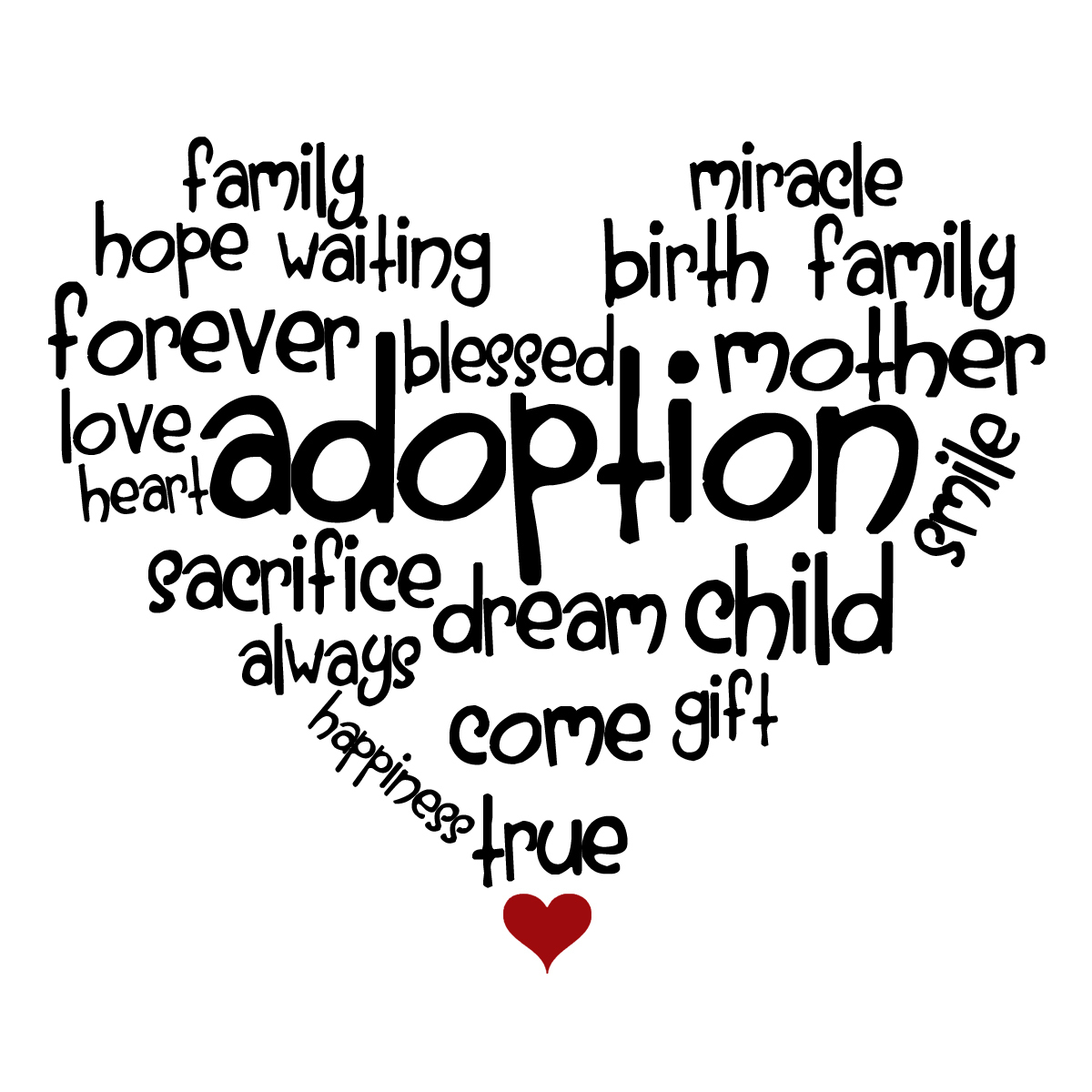Being Adopted, Being Different
(featured 5/13/15 on Bookwyrming Thoughts)
No one can really tell you what it’s like to be adopted. They might be able to sympathize, or even comfort you, but it’s impossible for them to realize the underlying issues that come with being raised by a family that doesn’t share your DNA.
I was adopted a week after I was born, and my parents made sure that I knew about it as soon as I was capable of understanding. Looking back, I’m grateful they decided to tell me. But I’d have guessed it anyway. There were too many things about me that stood out. My relatives were tall and big-boned; I was short and skinny. They tanned easily; I was very pale. They liked sports and being active and social; I preferred books and alone time.
I’m not sure at what point I decided to put the adopted situation into Gambit, but it turned out to be a pretty good idea. It gave the book some added tension, and it also gave me a chance to express the doubts and fears that clung to me during childhood. Those things were difficult for the people around me to understand. After all, I had a family that loved me unconditionally and treated me as one of their own. What could I possibly be concerned about?
Well, at lot, actually. I felt very left out when family members talked about traits or characteristics that had been passed down. I didn’t have “my father’s forehead” or “my mother’s nose” or “grandpa’s sense of humor.” It hurt that I didn’t possess these things, and it hurt even more that I wouldn’t be able to pass them on to my own children. I looked different and had different mannerisms, and it wasn’t until I met my birth parents that I realized just how desperately I needed to know where I came from.
In my book, Willow experiences the same situation. Her family loves her dearly, and she loves them as well. But there’s a bit of sore spot in her heart, and it has nothing to do with how much she’s loved. It’s a matter of destiny, and of abandonment. It’s the underlying fear that she wasn’t good enough, or something might be wrong with her. It’s the reason she attaches so hard to the people she loves, and her fear of those people leaving her.
It’s an issue she has to deal with head-on, in her own way. And it’s been a beautiful method of therapy for me. I think every adopted person has wondered where they came from, why they do the things they do, and if they will ever get over that fear of being left behind again.
Heritage is important. Mine means a great deal to me, just as Willow is discovering that hers is vital as well. I have no regrets about putting this scenario into the novel. If it helps even one adopted person come to terms with their situation, it will totally be worth it.

Photo credit: Blog Tour Banner by Ashley Ruggirello, REUTS Publications; Adoption Heart via http://bit.ly/1HkgY10





